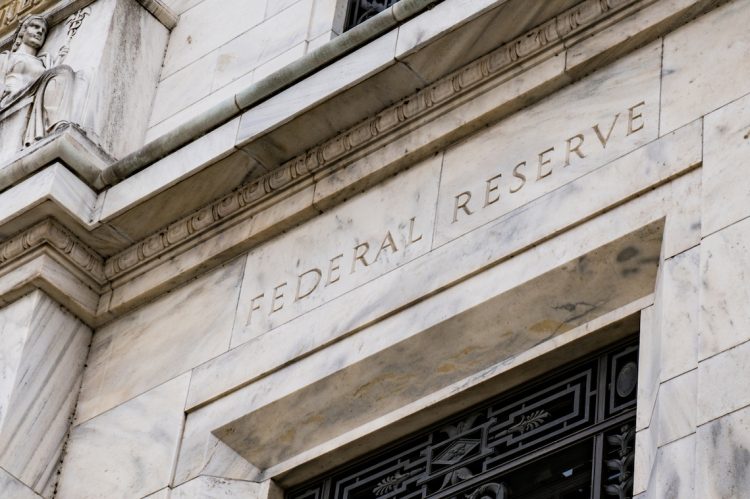Federal Reserve Governor Michael S. Barr warned Thursday that the central bank’s battle against inflation is far from over, with price pressures expected to persist until 2027, as rising tariffs continue to ripple across the economy.
Speaking at the Economic Club of Minnesota, Barr said the Federal Reserve continues to face elevated risks on both sides of its mandate—controlling inflation and supporting employment—making this the “most difficult circumstances for making monetary policy decisions.”
“After the high inflation Americans have endured, two more years would be a long time to wait for a return to our target, and that possibility weighs on my judgment for appropriate monetary policy,” he told the audience in Minneapolis.
Barr called for a cautious approach to rate changes ahead of the next meeting Oct. 28 – 29.
“The FOMC should be cautious about adjusting policy so that we can gather further data, update our forecasts and better assess the balance of risks.”
In a subsequent interview following his speech, and moderated by Neel Kashkari, president of the Federal Reserve Bank of Minneapolis, Barr touched on consumer spending, and why it has been “surprisingly strong.”
“We may be seeing two economies operating at once: one a high-income economy that is bolstering growth…and another economy where there is a weaker labor market and people are kind of hurting—and that makes it very challenging,” said Barr.
During Barr’s last speech on monetary policy in July, he said he agrees with the Fed’s wait-and-see approach “given that level of uncertainty, changes in policy and uncertainty about how that policy translates into the economy.”
September’s FOMC meeting, where interest rates were cut by 25 basis points, resulted in only one dissenting vote: newly appointed Federal Reserve Governor Stephen Miran, who called for a larger interest rate cut of 50 basis points.
The remarks from Barr come as the Fed faces growing scrutiny over its leadership direction. On Thursday, Fed Governor Larry Lindsey withdrew his name from consideration for the new Fed chair position, according to a CNBC report. Fed Chair Jerome Powell’s term is up in May, 2026.
Tariffs
The probable culprit to rising inflation, according to Barr? Tariffs.
“The increase in inflation since April has likely owed largely to the sharp increase in tariffs that kicked in around then,” said Barr, citing Federal Reserve research. The effective tariff rate—measured by tariff collections relative to imports—has jumped to about 11% in August and continues to climb.
He pushed back on suggestions that policymakers should “look through” tariff-driven inflation as a one-time event, noting that tariff increases have been neither one-time nor predictable, given the new tariffs on heavy trucks, medicine and furniture.
“Normalizing margins over time implies a gradual, but longer, upward trajectory for inflation, a pattern of price increases that I fear could convince many consumers that higher inflation is going to be more of a permanent phenomenon,” Barr said. “This is important because expectations of future inflation affect spending decisions in the near term and can drive a cycle of escalating inflation, as we saw after prices began rising in 2021.”












